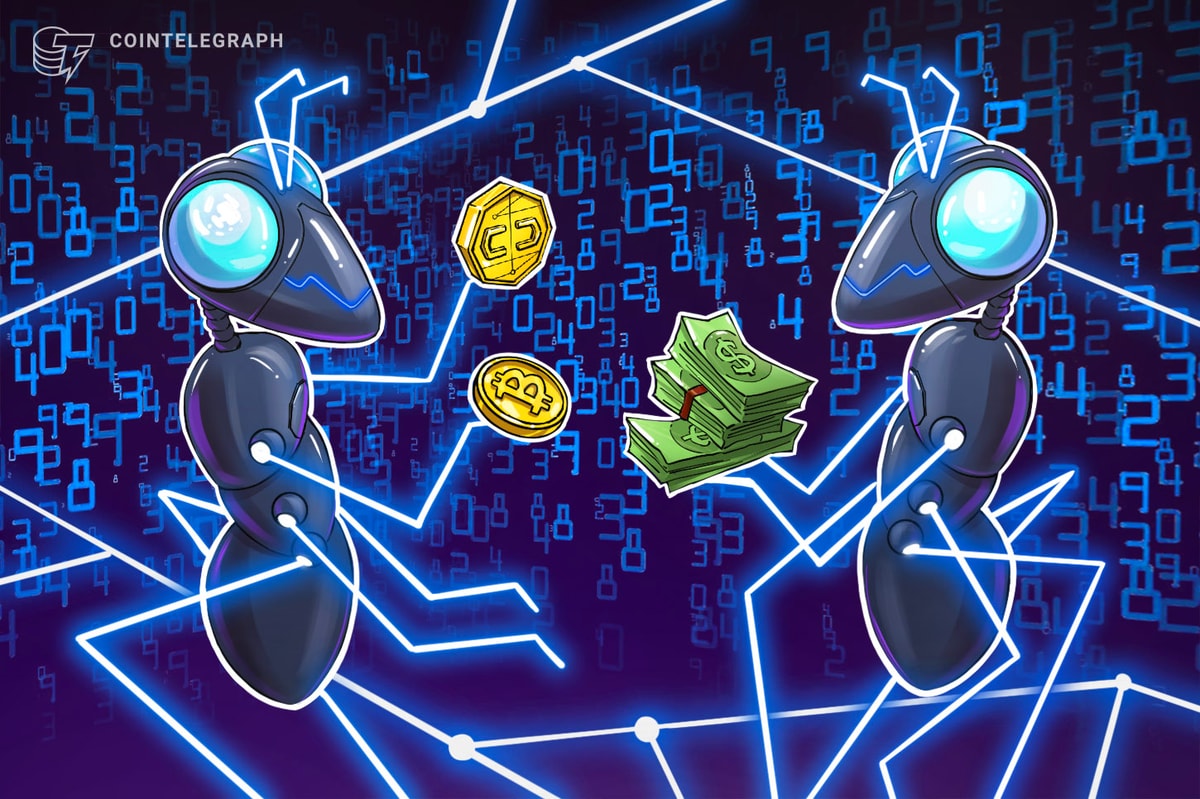Anatoly Yakovenko, co-founder and CEO of Solana Labs, is the newest crypto founder to announce plans for a decentralized exchange (DEX) following the success of Hyperliquid and Astar.
On Monday, Yakovenko uploaded plans outlining a brand new sharded perpetual exchange protocol on the Solana blockchain called Percolator.
A perpetual exchange is a decentralized trading protocol for perpetual futures contracts that permits traders to take a position on cryptocurrency prices without an expiration date.
Percolator will consist of two primary on-chain programs, including the Router Program, which manages collateral, portfolio margins and cross-slab routing, and the Slab Program, a perpetuals engine powered by liquidity providers with “completely self-contained” matching and settlement, in line with Yakovenko's GitHub proposal on Monday.
Percolator DEX proposal. Source: GitHub.com
Cointelegraph has reached out to the Solana Foundation for comment but has not received a response on the time of publication.
The development comes every week after Hyperliquid DEX allowed third parties to independently launch their very own perpetual swap contracts on the platform following the launch of the Hyperliquid Improvement Proposal 3 (HIP-3) upgrade on Monday.
The upgrade introduced permissionless, builder-provided perpetual futures contracts with independent margins and parameters for users who stake a minimum of 500,000 Hyperliquid (HYPE) tokens, value roughly $18.2 million at press time.
Hyperliquid could attract Solana users, says VanEck
Yakovenko's plans for the brand new protocol were revealed two months after a VanEck report claimed that Hyperliquid was luring users from the Solana blockchain.
In July, Hyperliquid generated 35% of all blockchain revenue, with growth particularly coming on the expense of Solana in addition to Ethereum and BNB Chain, VanEck researchers wrote in a monthly crypto summary report.
“Hyperliquid poached and retained high-value users of Solana” by offering users a “easy, highly functional product,” wrote Matthew Sigel, head of digital asset research at VanEck, and fellow analysts Patrick Bush and Nathan Frankovitz.
Hyperliquid generated greater than a 3rd of all blockchain sales in July. Source: VanEck
Hyperliquid trading volume hit a brand new monthly high of $319 billion in July, indicating that more cryptocurrency traders are using DEXs as a substitute of their centralized counterparts. It gained popularity in April 2024 after introducing spot trading with an aggressive listing strategy and a user-friendly interface.
Meanwhile, rival DEX Aster, launched on Binance's BNB chain, has overtaken Hyperliquid to turn out to be the biggest offender DEX with a day by day trading volume of $14.5 billion, almost exceeding Hyperliquid's 24-hour volume.
Perp Dex volume rankings. Source: DefiLlama
However, in line with blockchain data platform DefiLlama, Hyperliquid's 30-day trading volume of $309 billion continues to be double Aster's $145 billion last month.
As Cointelegraph reported, Aster was quietly delisted from the information platform on Monday, weeks after it was delisted because of concerns surrounding opaque data that DefiLlama couldn’t confirm.

